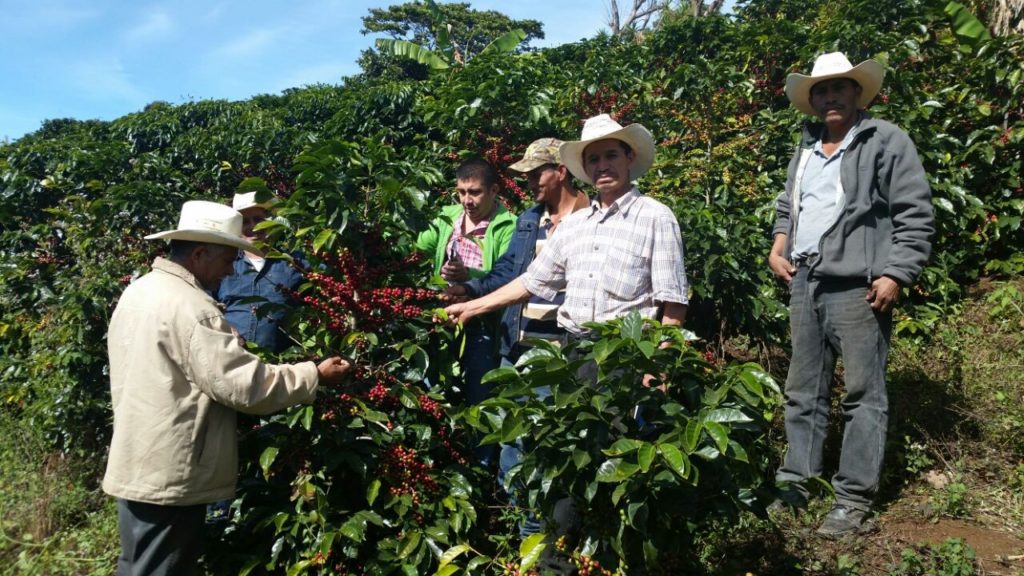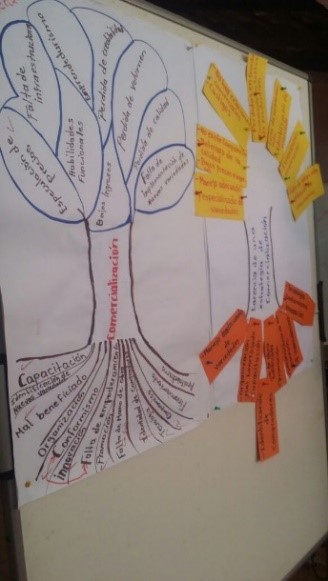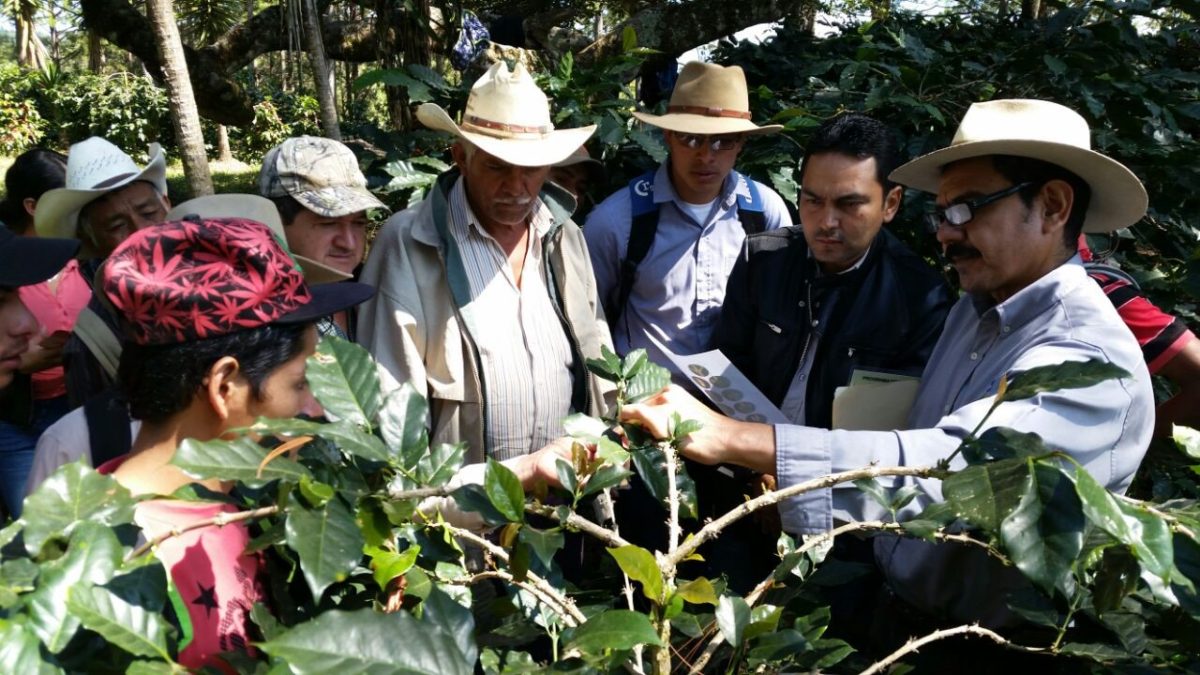
Improving coffee quality and commercialization by promoting collaboration
“We first needed to know who we are, what we offer, and how to offer it,” says coffee farmer Denis Cortez. “We in the partnership organized ourselves, and now all get involved in working for the common good. We are more aware of the impacts of what we do, how to improve quality, and apply on our farms what we learn such as new processing methods.” He is one of thousands of producers that CDAIS and its partners are working with in western Honduras, with clear results.
“Thanks to our collaborative efforts, 14 producers in Copantillo now export coffee directly to buyers in Australia, Germany, Japan and Taiwan – something we would never have imagined possible before”, exclaimed Denis Cortez, a producer with the Caja Rural Bienestar Copantillo, San Andrés. “We have changed our attitudes and the way of looking at our coffee farms, using new drying processes and boost coffee quality. Thanks to this, we have managed to do without intermediaries and to start negotiating directly with national and international buyers with differentiated prices.” And Edwin Bautista of the Honduran Coffee Institute (IHCAFE) adds that “This has been possible because the partnership has been strengthened, through consensual internal analysis and by the determination to find consensus on actions needed to meet their objectives, such as direct sales of their special high quality coffee that increase their profits.”
“CDAIS directs its gaze on smallholder coffee producers and has helped us to coach them through training, updating concepts, organizational strengthening and empowerment.” Carmen Rivera, Honduras Quality Coffee (HCQ) project manager
Meeting national and smallholder needs
Honduras is the fifth largest producer of coffee in the world, the third largest in Latin America and the largest in Central America. This is the result of the efforts of 120,000 coffee farming families and coffee institutions. The market continues to grow, but in the last 15 years, Honduran coffee also started to position itself as a producer of high quality coffee. Producers have been gaining gain internationally, but this is limited by the lack of knowledge of the potential of the coffee they produce. Every year there are more smallholder producers who start to prepare speciality coffee, but most sell their coffee at low prices to intermediaries in the national market. So, the CDAIS coffee partnership was formed, to work with producers in the western region where there was already a strong ‘coffee culture’ in the preparation of specialty coffees, but who lacked capacities in marketing as the main weakness in the sector.
Inclusivity and sustainability are also key components. The selected area includes two indigenous ethnic groups, but mostly Lenca, and the coffee industry employs many women as labour, so a comprehensive model is being developed to allow inclusive empowerment for all groups. Environmental issues are also at the heart of the initiative, as the approach is increasing the production and productivity of value-added coffee without further forest clearance to increasing the areas being cultivated. Also, the retention of natural tree cover is promoted, for shade, soil erosion, and increasing soil organic matter and water-holding capacity, as good agricultural practices.
Positive changes
“CDAIS supports coffee producers with technical knowledge to better manage their farms, especially in aspects of quality”, explains Mario Romero, manager of the Honduran Coffee Producers Association (AHPROCAFE) in Lempira, a non-profit organization dedicated to organizing and strengthening capacities of their 12,685 members through coffee projects and organizing meetings at village, municipality and departmental level. He adds, “Before, smallholder producers showed no interest in adopting new technologies or ideas. But since working with CDAIS, they are now aware of the issues and are much more open, and talking about the importance of quality and of new methods. Even if technologies require more work, like solar driers, they now know that they are adding value to their product and it will sell for more, so are willing to invest.”
“I am in love with my coffee. But before, I did not care about improvement because middlemen took most of the profits. Today, I am the one who controls the business directly and now earn much more.” Mardo Antonio Vásquez, coffee producer in San Andrés, Lempira
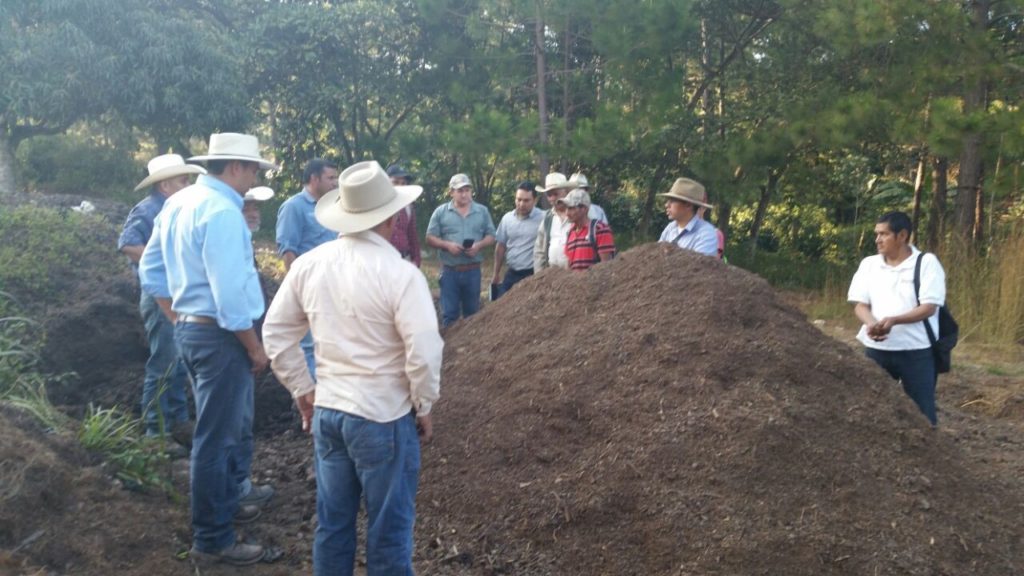
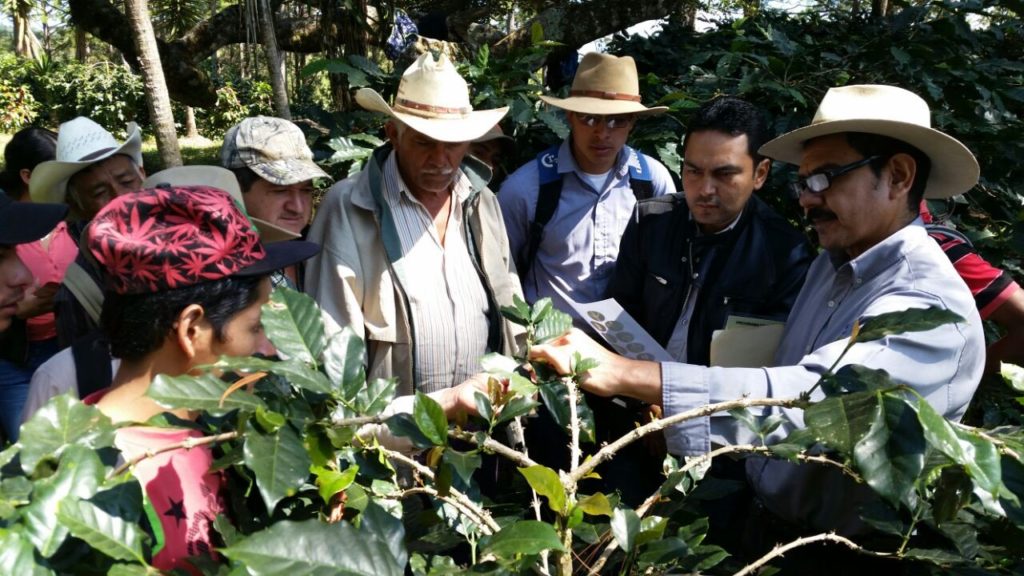

“Only when a technician promoted by CDAIS visited my farm, did I realize that I was harvesting my coffee beans at the wrong time” tells Mardo Antonio Vásquez, a producer in San Andrés. “I learnt how to determine the optimal state of maturity, and after I started to apply the technique, my coffee won first place among 70 participants in a quality coffee competition! Now I want to improve the quality even more by implementing post-harvest best practices. I harvest about 2.3 tonnes (50 quintals) each year, but last year I sold 1.1 tonnes (24 quintals) of this, almost half, as speciality coffee for which I received three times more per quintal than I get for my ‘normal’ coffee.” Verónica Bejarano Banegas of the Lempira Sur (COMLESUL) cooperative is also happy to explain that now, producers also feel more confident in accessing finance: “Caja Rural de Copantillo is a good example of such new alliances, with farmers benefitting from loans to improve their farms.”
From partnerships to policy changes
Work started in 2016 with an assessment of capacity needs of partnership actors and the group as a whole. The partnership was built and met regularly throughout 2017 through CDAIS meetings, validating their common needs and ways forward, developing these into coaching and action plans. This also included, in parallel, technical and organization capacity building activities. By April 2018, they met again to share the progress and achievements so far. This meeting was also the second that included three consultants from FAO, working with the partnership actors to draw out policy and regulatory issues that are preventing them in reaching their goals, or that could better support them. Once validated by the partnership, these will be taken forward to a national-level meeting in the coming months. All of these ongoing activities form complementary components to the CDAIS ‘learning cycles’ that are clearly building functional capacities (‘soft skills’), or the ability of actors to navigate complexity, collaborate, reflect and learn, and participate in strategic policy processes.
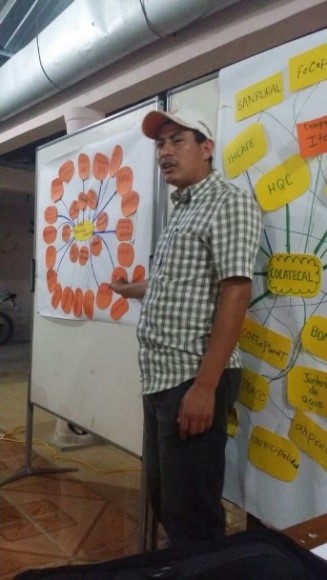
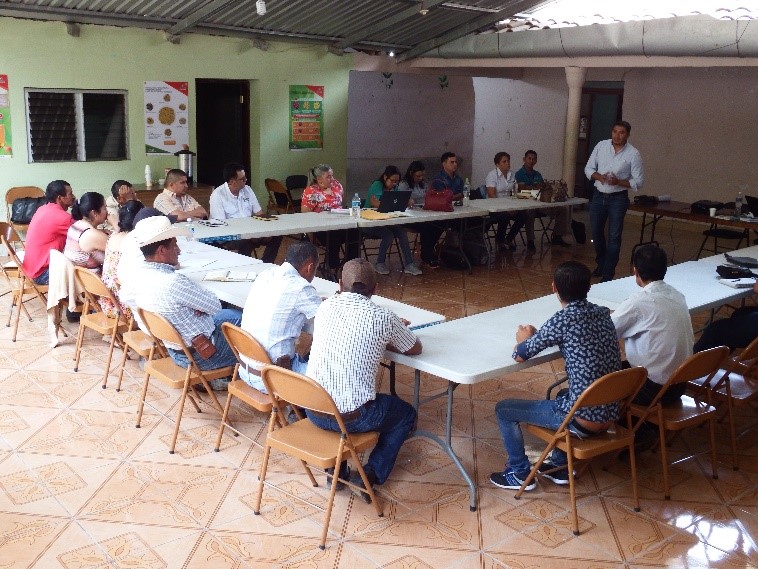
“With the new knowledge we have gained, we are now motivated to participate in national and international events where our coffee samples receive good quality grades, thanks to a change in attitude amongst our producers.” Guillermo Méndez, Tecaucina Limitada (COCATECAL) coffee cooperative, La Campa, Lempira
Challenges and next steps
The innovation niche is focused on areas where specialty coffees already have institutional and productive infrastructure, and technical capabilities are high. Based on these experiences, further work could strengthen other cooperatives that have not reached their full potential, and replication in other coffee-producing regions such as El Paraíso, Olancho and Comayagua that do not yet have the same capacities. But this should acknowledge the lessons learnt, including that the concepts as presented were considered too abstract, that the project timeframe is not long enough to ensure than innovation will be sustained.

“CDAIS came to smallholder coffee producers at a time when nobody was looking at their problems” concluded Carmen Rivera, project manager at Honduras Quality Coffee (HCQ), a private company that provides technical assistance on quality control and marketing to producers and exporters. “We share the same vision and aims as CDAIS and IHCAFE in relation to coffee producers. This project came at the right moment when it was thought that change was not possible because of low institutional capacity, and that farmers lacked capacities not only in technical knowledge, but also in how to strengthen their associations, linking to and learning from each other, and getting their voices heard at higher levels. But we see that change is possible!”
“Prioritizing their problems, identifying solutions and working on them has paid off. New market opportunities have been opened up by promoting integration between all of the actors.” Edwin Bautista, the Honduran Coffee Institute (IHCAFE), Gracias, Lempira

